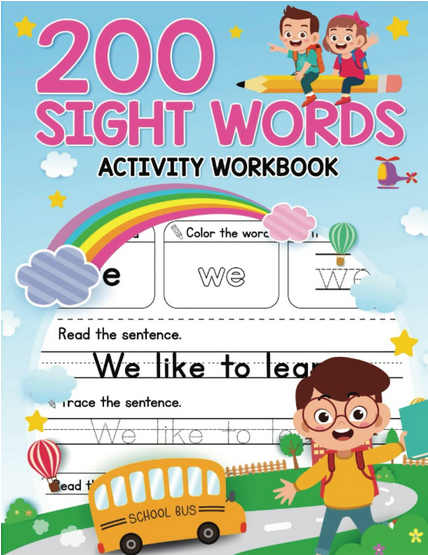Understanding Dual Diagnosis Treatment Centers in Georgia:
Comprehensive Care for Mental Health and Substance Use Disorders
Dual diagnosis, also known as co-occurring disorders, refers to the presence of both a mental health disorder and a substance use disorder simultaneously. This complex interplay often complicates treatment and requires specialized care. In Georgia, there are dedicated treatment centers that offer integrated services tailored to individuals facing dual diagnoses. In this article, we explore the significance of dual diagnosis treatment centers in Georgia, their approach to care, available services, and the importance of seeking help for co-occurring disorders.
Understanding Dual Diagnosis:
Dual diagnosis is a common occurrence, with substance use disorders frequently coexisting with conditions such as depression, anxiety disorders, bipolar disorder, and schizophrenia. The relationship between mental health and substance abuse is often bidirectional, with one condition exacerbating the other. Without proper treatment, individuals may experience worsening symptoms, increased risk of relapse, and poorer overall outcomes.
The Need for Specialized Treatment Centers:
Traditional treatment approaches may overlook the complexities of dual diagnosis, leading to ineffective care. Dual Diagnosis Treatment Centers in Georgia recognize the importance of addressing both mental health and substance use disorders concurrently. These facilities employ multidisciplinary teams comprising psychiatrists, psychologists, addiction specialists, therapists, and other professionals who collaborate to provide comprehensive care.
Integrated Treatment Modalities:
Dual diagnosis treatment centers in Georgia utilize integrated treatment modalities designed to address the unique needs of each individual. These may include:
Medication Management: Psychiatric medications may be prescribed to manage symptoms of mental health disorders such as depression, anxiety, or psychosis.
Psychotherapy: Various forms of therapy, including cognitive-behavioral therapy (CBT), dialectical behavior therapy (DBT), and motivational interviewing, help individuals develop coping skills, address underlying issues, and prevent relapse.
Dual Diagnosis Group Therapy: Group therapy provides a supportive environment where individuals can share experiences, receive feedback, and learn from others facing similar challenges.
Family Therapy: Involving family members in the treatment process helps improve communication, address family dynamics, and foster a supportive home environment conducive to recovery.
Life Skills Training: Education and training in practical skills such as stress management, problem-solving, and communication enhance individuals' ability to navigate daily life without resorting to substance use.
Tailored Treatment Plans:
Dual diagnosis treatment centers in Georgia recognize that each person's journey to recovery is unique. Therefore, treatment plans are personalized to address individual needs, preferences, and goals. Through comprehensive assessments and ongoing monitoring, clinicians continually adjust treatment strategies to optimize outcomes and support long-term recovery.
Holistic Approach to Wellness:
In addition to addressing mental health and substance use issues, dual diagnosis treatment centers in Georgia prioritize holistic wellness. This holistic approach encompasses physical, emotional, social, and spiritual dimensions of well-being. Services may include nutritional counseling, exercise programs, mindfulness practices, recreational activities, and access to peer support groups.
Access to Aftercare Services:
Recovery from dual diagnosis is a lifelong process that extends beyond the confines of residential or outpatient treatment. Dual diagnosis treatment centers in Georgia emphasize the importance of aftercare planning to support individuals as they transition back into their communities. This may involve referrals to community resources, outpatient therapy, support groups, sober living arrangements, and ongoing monitoring to prevent relapse.
Dual diagnosis treatment centers in Georgia play a vital role in addressing the complex needs of individuals with co-occurring mental health and substance use disorders. By offering integrated, personalized care, these facilities empower individuals to reclaim their lives, achieve stability, and cultivate lasting wellness. If you or someone you know is struggling with dual diagnosis, seeking help from a specialized treatment center can be the first step toward a brighter future.



Comments
Post a Comment